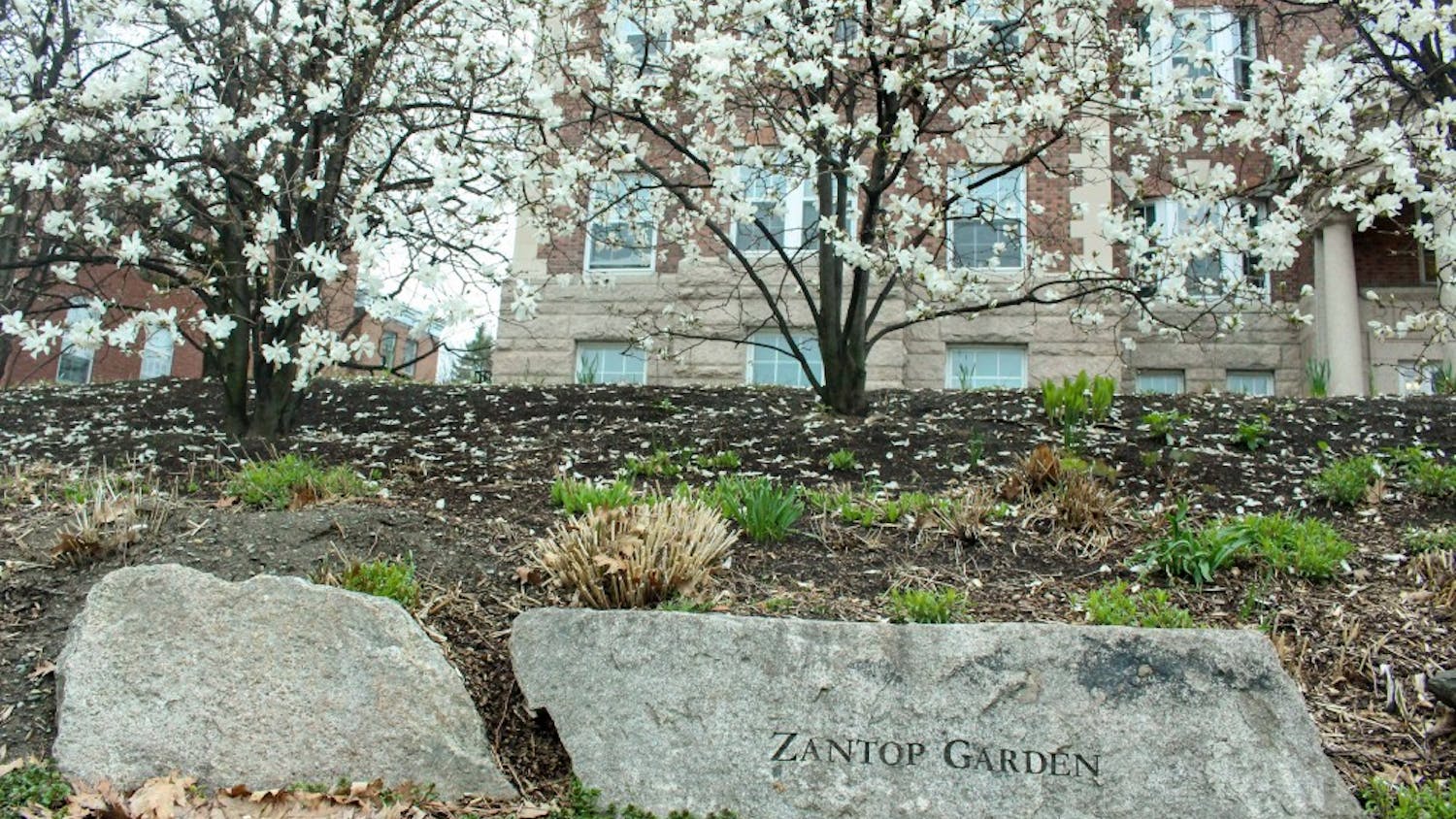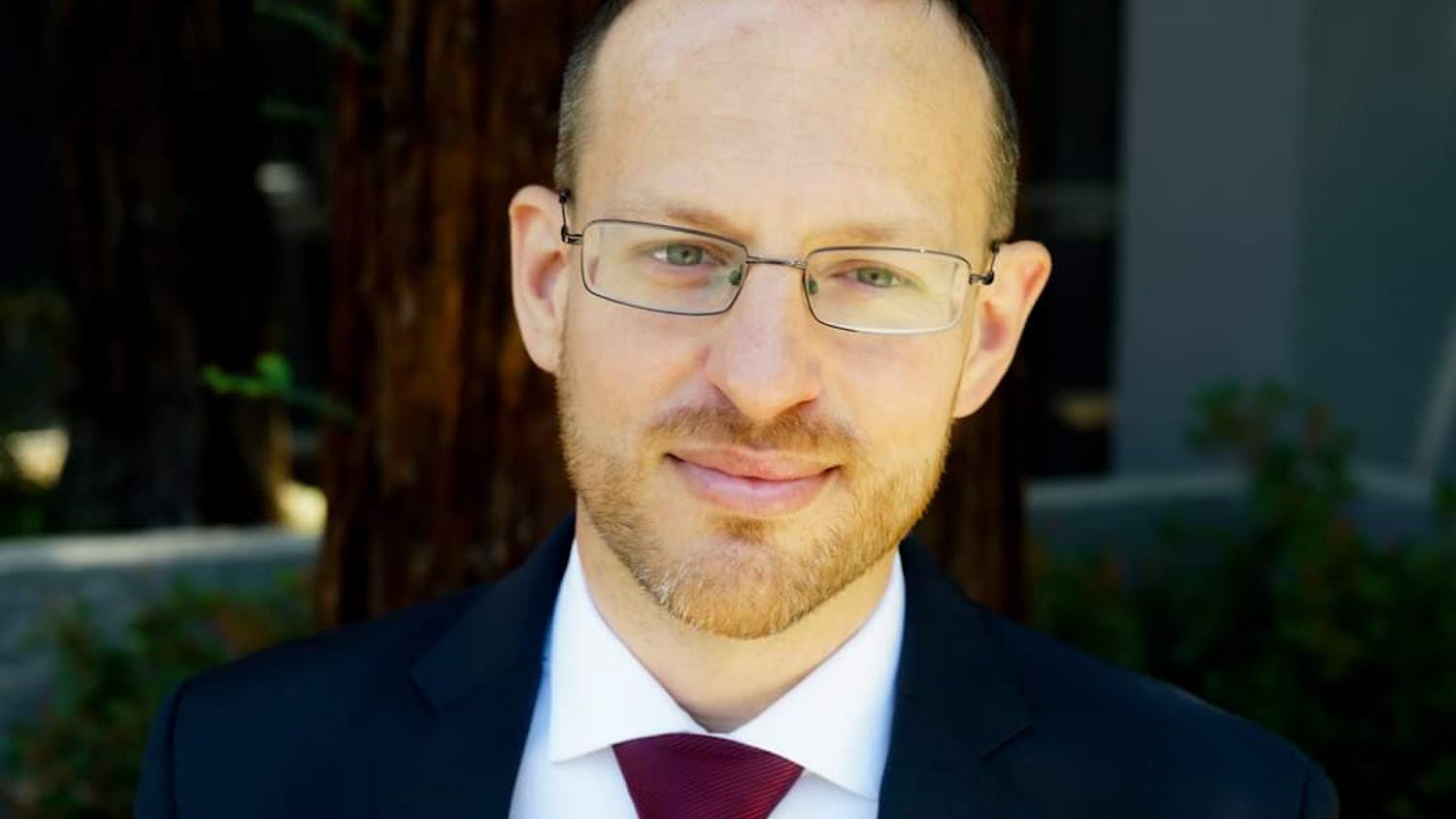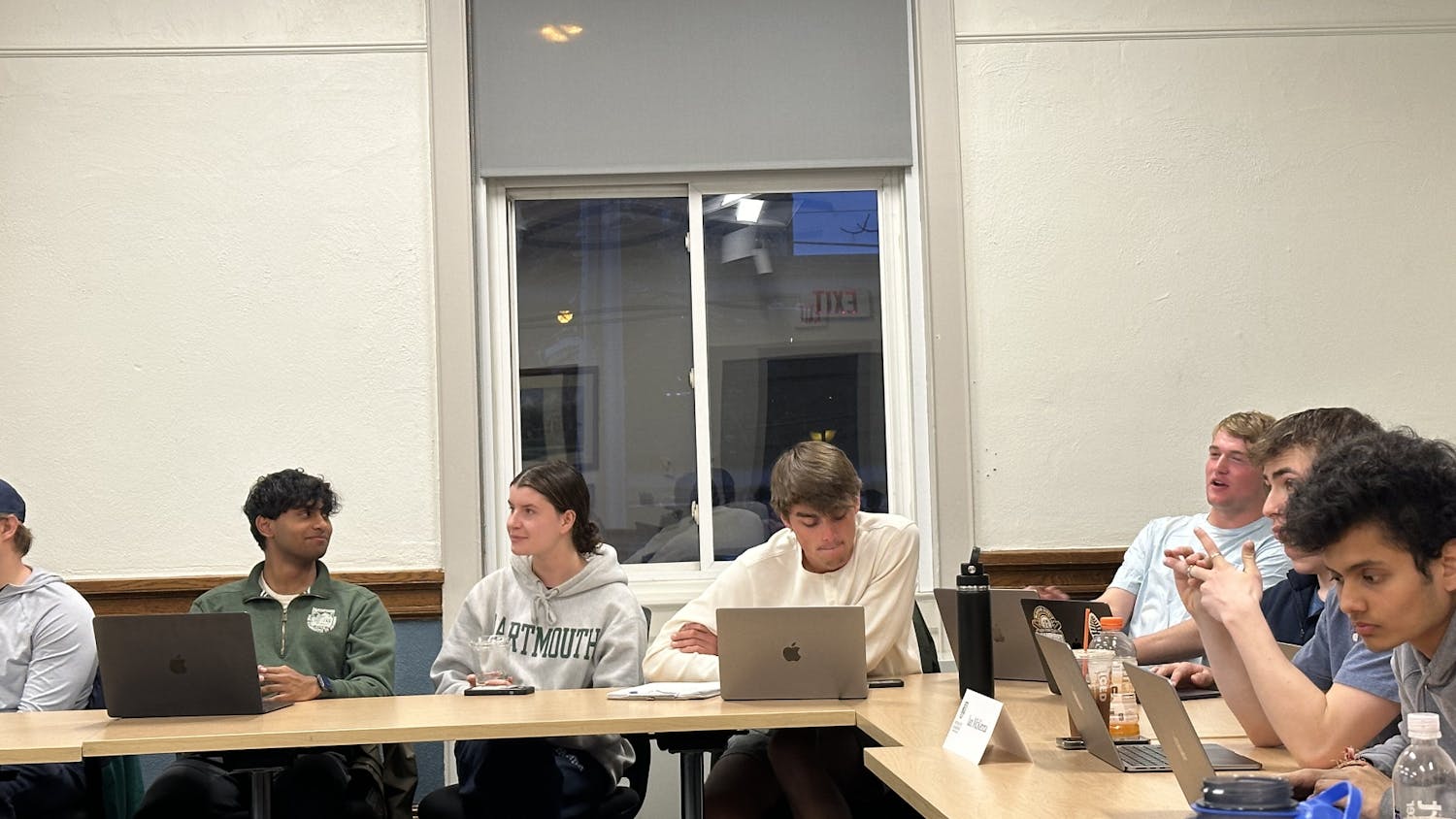Presidential hopeful Texas Governor George W. Bush decisively defeated his main rival, Arizona Senator John McCain, in the South Carolina Republican primary Saturday in a victory that reestablished him as the party front-runner and could have major implications for primaries in other states.
McCain had hoped to capitalize on his Feb. 1 victory in New Hampshire, however the latest unofficial returns in South Carolina showed Bush with 53 percent against 42 percent for the senator, with all votes counted.
"This was clearly an attempt by the core party voters -- the social conservatives -- to reclaim the party nomination," government professor Dean Spiliotes said.
McCain had staked his prospects on the expectation that independents and Democrats would flood to the polls and support him overwhelmingly as they had in New Hampshire where he earned 49 percent of the vote compared to Bush's 30 percent.
"While lots of Independents and Democrats turned out for McCain, they were overwhelmed by the number of party regulars," Spiliotes said.
State officials estimated that the turnout was more than double the 276, 000 who voted in the 1996 primary -- however, the proportion of independents and Democrats were similar to those in past elections. According to an exit poll conducted by Voter News Service 60 percent of the voters identified themselves as Republican, 30 percent as Independent and 10 percent as Democrat.
The record turnout is at least partly due to the fierce campaigning that occurred in the state.
Bush's defeat in N.H. was a shock to his campaign -- he had been positioning himself as the undisputed contender for the party nomination.
Subsequently, his strategy in South Carolina was dramatically different -- he firmly established himself as a conservative and reaffirmed his support for limits on abortion rights.
Bush also came up with a proposal for campaign reform -- McCain's signature issue-- which he presented to South Carolina voters.
Furthermore, the Bush campaign spent enormous sums of money in the state, nearly three million dollars a week in South Carolina -- mostly in advertising.
This high level of spending raised concerns among Bush staff that the campaign coffers might run low despite the fact that the Governor had raised unprecedented sums early in the race.
The South Carolina victory might also give a boost to Bush's fundraising efforts, Spiliotes said.
McCain, who had experienced a rise in donations following his Granite state victory, still has a much smaller war chest than his rival and spent much less on his campaigning, relying heavily on free publicity generated by his frequent interviews with the press on his "Straight Talk Express" campaign bus.
The South Carolina race also marked the first time that the two candidates were directly pitted against one another due to a much narrower Republican field -- many candidates dropped out following the N.H. primary.
Still remaining on the ballot is former Ambassador Alan Keyes who earned a mere 4.5 percent of the vote in South Carolina -- following up disappointing results in both N.H and Iowa.
Following the South Carolina result, Bush has 66 delegates to the Republican National Convention, where 1,035 will be needed to win the presidential nomination, and McCain has 13.
The two contenders are currently campaigning in Michigan and Arizona in preparation for primary votes in those states on Tuesday -- while latest polls show the two in a dead heat in the two states -- the surveys do not account for the South Carolina results.
"If McCain wins Michigan and Arizona then he still has a chance at the nomination," Spiliotes said adding, that the former Vietnam War veteran and prisoner of war has a good chance at Michigan, which is not as socially conservative as South Carolina.
Most analysts also predict that the Arizona Senator will win his own state.
Tuesday's results will be crucial to both candidates as they gear up for the March 7 "Super Tuesday," where voters in 14 states will choose their delegates.
Electoral law in many of these states allows only voters registered with a party to vote in its primary, unlike South Carolina and New Hampshire which have open ballots and voters can declare affiliation on the day of the primary.
Therefore, McCain can not rely on independents and Democrats in these states and must convince core Republican voters of his ability to defeat the Democrat nominee in September to win the necessary number of delegates.



